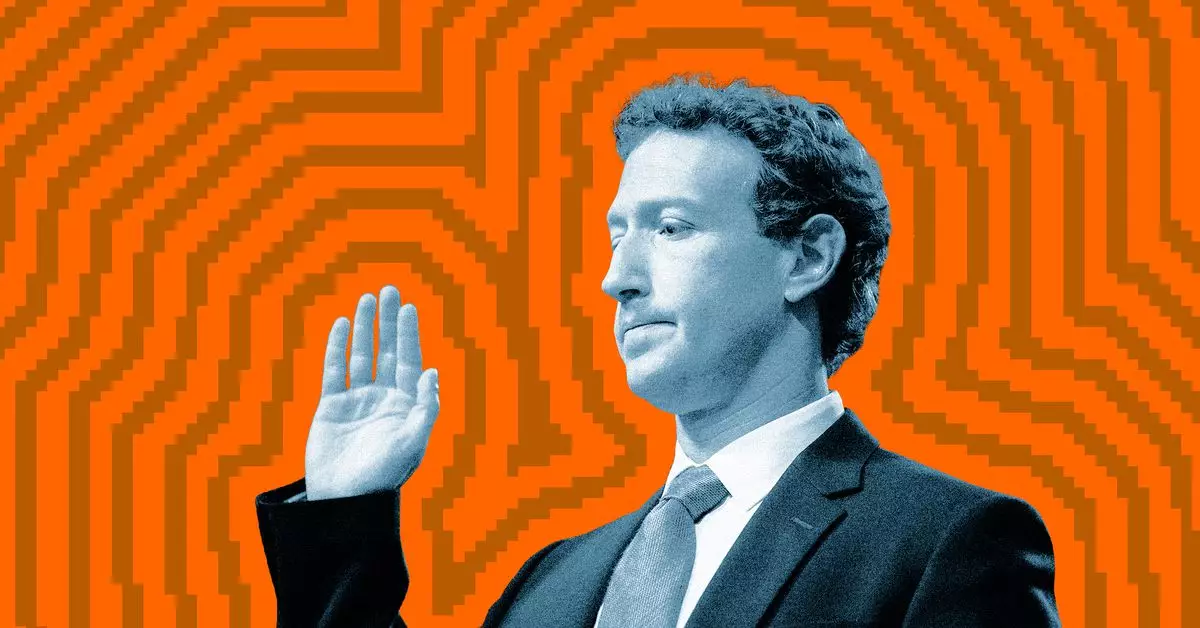In a striking development this past Wednesday, Mark Zuckerberg, the CEO of Meta, was seen dining with then-President-elect Donald Trump at the opulent Mar-a-Lago estate. This meeting marks not only a significant intersection of technology and politics but also raises numerous questions about the implications of such high-profile engagements. Zuckerberg’s presence in the political arena has not gone without controversy, especially considering the backdrop of events surrounding the 2020 presidential race.
Meta’s spokesperson, Andy Stone, highlighted the meeting’s significance by stating, “It’s an important time for the future of American Innovation.” This phrase encapsulates the broader narrative that many tech leaders hold significant sway in shaping the political and economic landscape of the nation. During a time when technology intertwines more intricately with everyday life, the influence of major tech figures like Zuckerberg cannot be overstated. Their imaginations and innovations hold the potential to drive progress, but they also carry responsibilities that extend into the political domain.
However, Zuckerberg’s foray into political discussions is not without its detractors. In the wake of the 2020 election, accusations emerged regarding Facebook’s role in the electoral process, particularly concerning misinformation and the spread of divisive content. Critics have not held back, with some calling for accountability by suggesting that Zuckerberg should even face legal consequences for facilitating an environment that may have influenced the election’s integrity. This backlash underscores an essential tension between technological advancement and ethical responsibility.
Additionally, Zuckerberg’s active role in financially supporting mail-in ballot initiatives has further complicated his public image. His involvement was perceived by many as a double-edged sword; while aiming to enhance voter accessibility, it simultaneously cast a shadow over his company’s credibility in safeguarding a fair electoral process. This situation raises an important discussion about the extent to which tech leaders should engage in political matters and how their actions resonate with the general public.
As Zuckerberg and other technology titans continue to navigate the complexities of their influence, it remains to be seen how outcomes will unfold in the coming years. The intersection of technology and politics presents profound challenges and opportunities for both fields. With leaders like Zuckerberg increasingly operating in the political spotlight, questions surrounding corporate ethics and the role of technology in democracy will likely remain central to public discourse.
The dinner between Zuckerberg and Trump signifies more than just a meeting of two powerful figures; it encapsulates the ongoing dialogue between innovation and responsibility. As these leaders shape the future, their actions will indelibly impact both the tech landscape and the political environment in which they operate.

